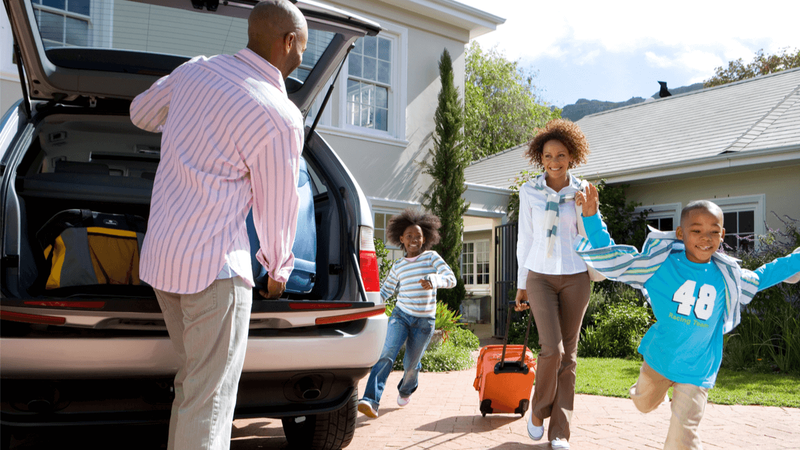- 31% of Canadians plan not let another summer slip away without some sort of a holiday.
- As travel restrictions ease across the country, this weekend will likely be a busy one on the roads.
- If your travels take you into another province, don’t rely solely on your provincial health care coverage should you fall ill or be injured.
The dog days of summer are upon us and so too is another long weekend.
With summer in full swing and a long weekend ahead of us, many people are making plans to go road tripping.
Whether it’s for a day trip, weekend getaway, or a week or two away, getting out of the house is on the minds of a lot of people. A recent survey found that 31% of Canadians plan not let another summer slip away without some sort of a holiday.
For the survey respondents who said they’re up for a summer trek, 63% will take part in local day trips, 50% would consider a few days away within their home province, and 25% are open to exploring beyond their province – but only within Canada.
As travel restrictions ease across the country, this weekend will likely be a busy one on the roads. On this August long weekend, take care when getting to where you want to go, because like you, many people will be on the road trying to make the most of what’s left of this summer.
Long weekend driving tips
- Make sure your car is road-trip-ready. Top up your car’s windshield wiper fluid and ensure your tires are properly inflated, including your spare. If it’s time for an oil change or tune-up, take your car in for a once over by your mechanic.
- Get some rest before you leave so you're at your most alert.
- Make sure you’ve got all your car-related documents, including your driver’s licence, proof of car insurance, vehicle ownership, and registration.
- If your travels take you into another province, don’t rely solely on your provincial health care coverage should you fall ill or be injured. Get travel insurance that covers your trips everywhere you may go in Canada.
- If you belong to a roadside assistance program, set up their number on your phone for easy access at a potentially stressful time.
- Pack an emergency roadside kit with things like a first-aid kit, toilet paper, paper towel, hand sanitizer, extra face masks, a basic toolkit, jumper cables, emergency reflectors, a flashlight with fresh batteries, and bottled water.
- Buckle up and make sure everyone in the car does as well.
- Long weekend traffic will be slow and driving aggressively will only increase the odds you'll get into a collision or get a ticket. Be patient. If traffic congestion gets under your skin, try to avoid the masses by leaving earlier or later than the traditional peak traffic times.
- Once traffic lets up, don't speed to make up time. Stick to the limit and be safer for it. Plus, you'll also save a bit of money because speeding increases your vehicle's fuel consumption. Spend less on gas (and avoid a ticket) by going the limit.
- Don't drive distracted. If you're hungry, eat before you leave or at the rest stop. Also, put your phone on mute and pre-program your route into the GPS.
- Have an alternative route planned in case your original route is too congested by traffic volume, or there's a collision.
- If there is a collision on route, remember to give emergency personnel the space they need to do their job safely. Slow down and move over when passing stopped police, ambulance, fire trucks, or tow trucks with flashing lights.
- If your trip is more than a couple of hours long, plan a rest stop to get out of your vehicle to walk and stretch out your legs.
- Always leave a safe following distance between you and the vehicle ahead of you. A following distance of at least two seconds in good weather and road conditions should do. But, if you're following a large vehicle (that blocks your view) or a motorcycle (who may be able to stop quicker), allow at least three seconds. In poor weather, double the distance needed to stop safely.
- Signal your intentions. Remember when changing lanes to signal your intentions as other drivers expect you to stay in your lane. Also, avoid unnecessary lane changes, especially in heavy traffic, as you're more likely to cause a collision.
- Don't drive impaired by alcohol or drugs; always have a designated driver.
- On your way home after the long weekend, be aware of driver fatigue. Try to get some rest before you head out, and if possible, share the driving responsibilities.
Take care on the road and take care of your auto insurance premium
This long weekend take care when getting to where you want to go because it’s about more than just keeping your car insurance rates low; it’s about arriving at your destination safely.
